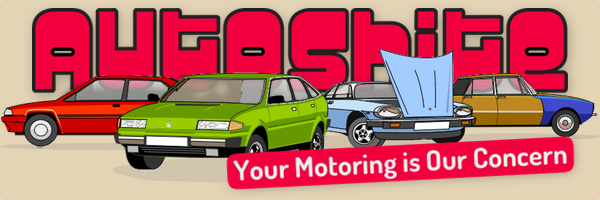The Autoshite Mass-Debating Society
-
Similar Content
-
- 219 replies
- 15,663 views
-
- 25 replies
- 3,228 views
-
Autoshite commune?
By Marina door handles,
- 13 replies
- 1,135 views
-
An Autoshite foursome
By twosmoke300,
- 29 replies
- 2,333 views
-
Autoshite attending ?
By Minimad5,
- 2 replies
- 626 views
-






Recommended Posts
Create an account or sign in to comment
You need to be a member in order to leave a comment
Create an account
Sign up for a new account in our community. It's easy!
Register a new accountSign in
Already have an account? Sign in here.
Sign In Now